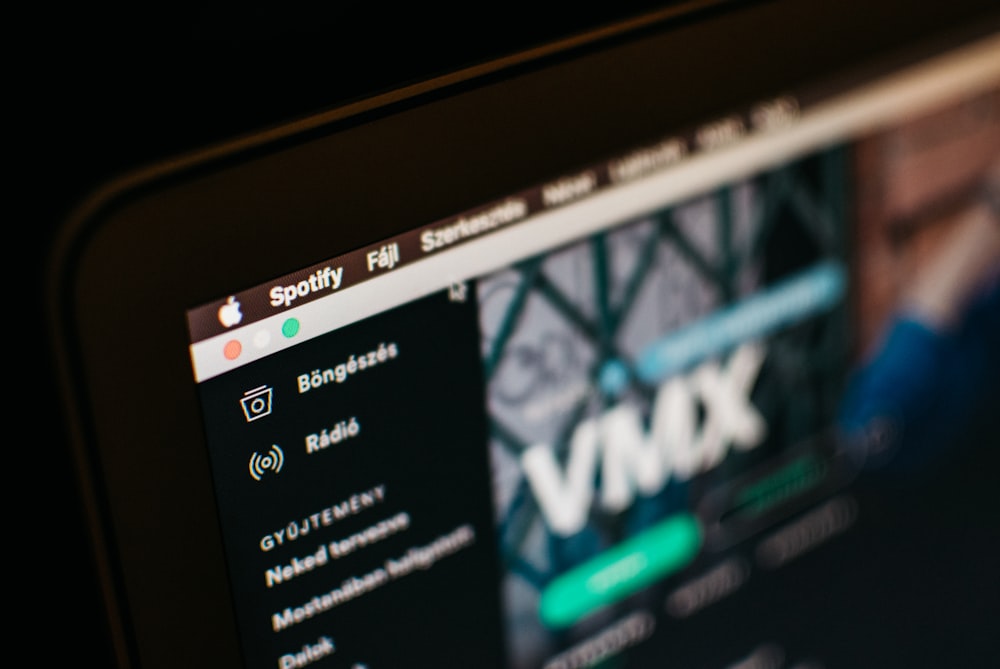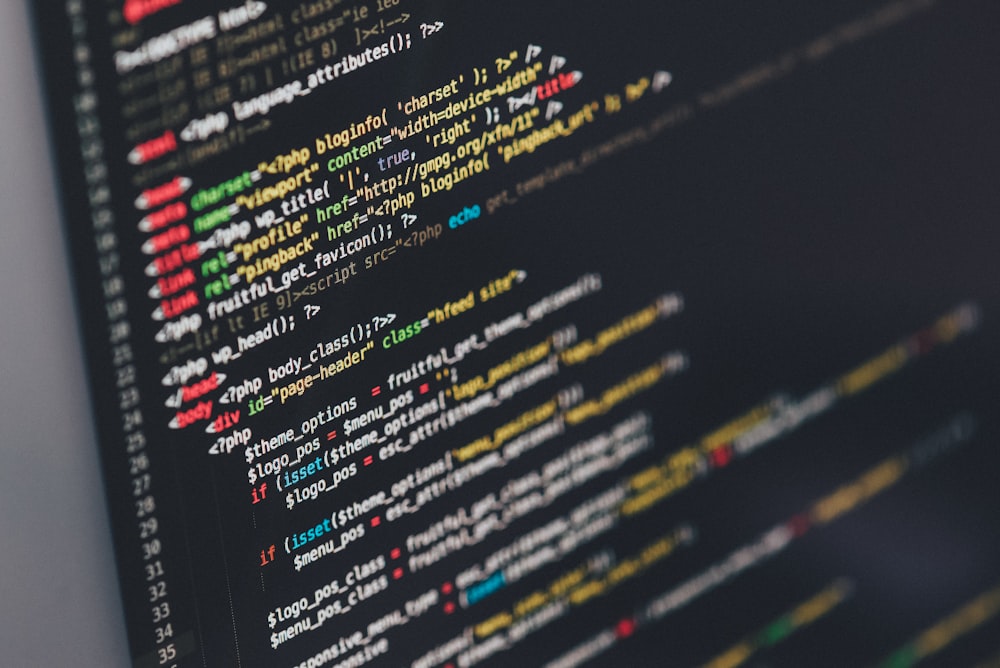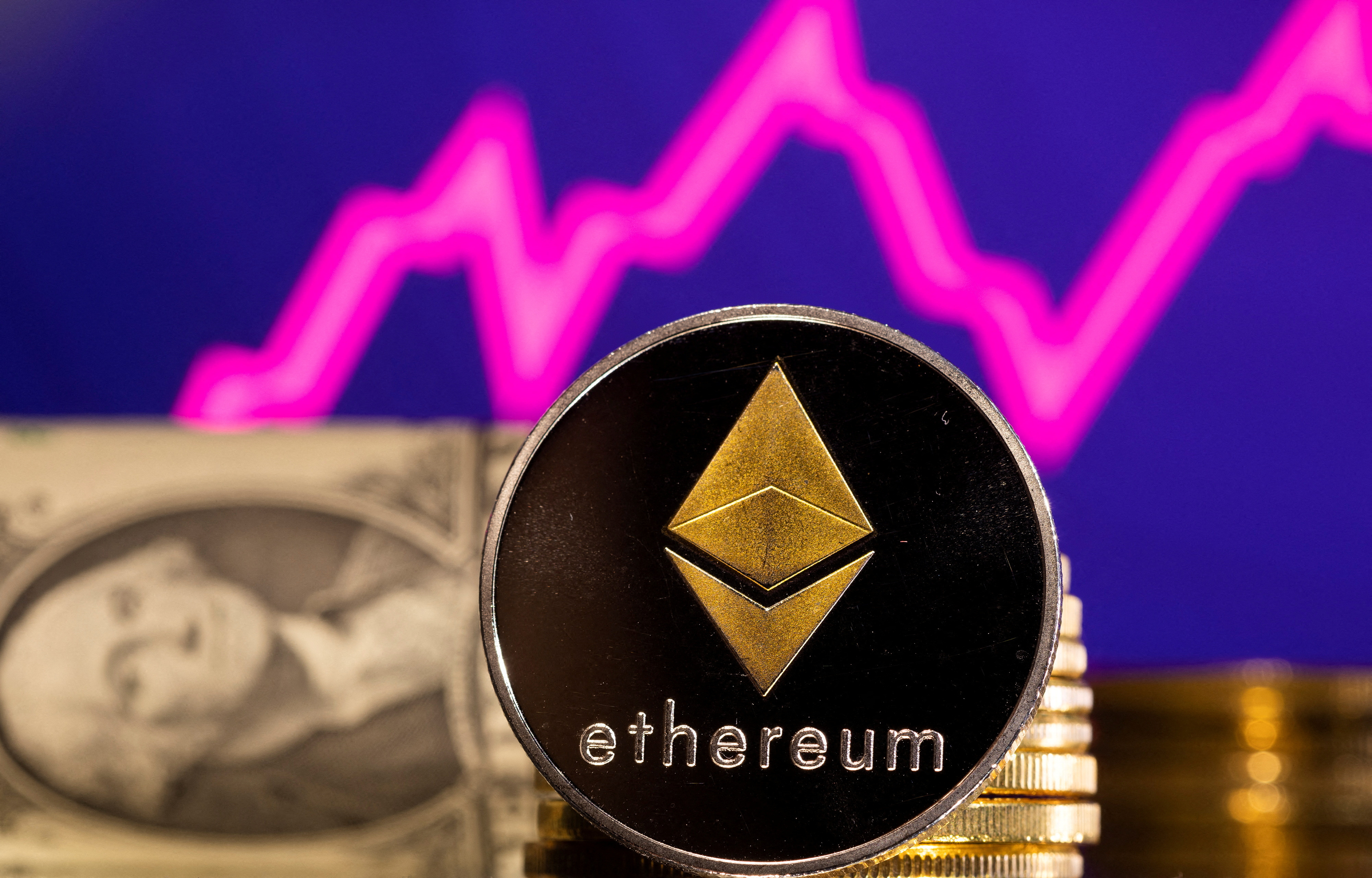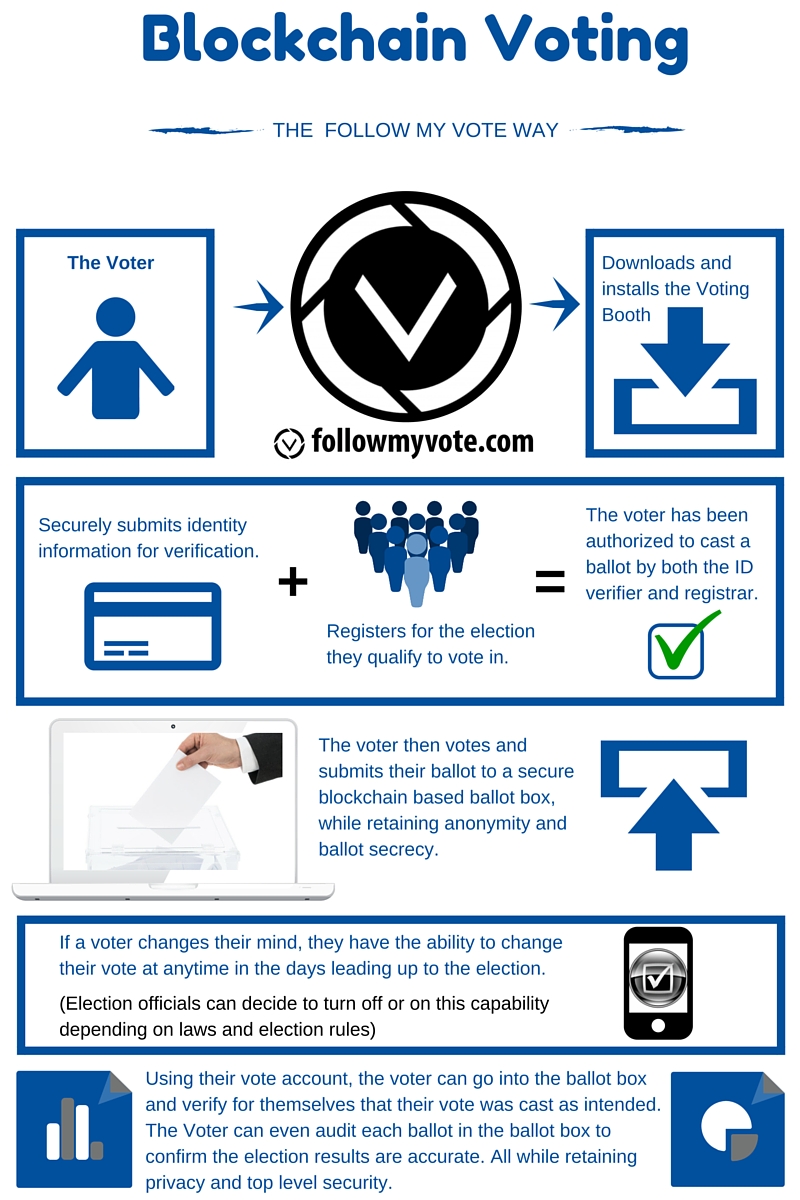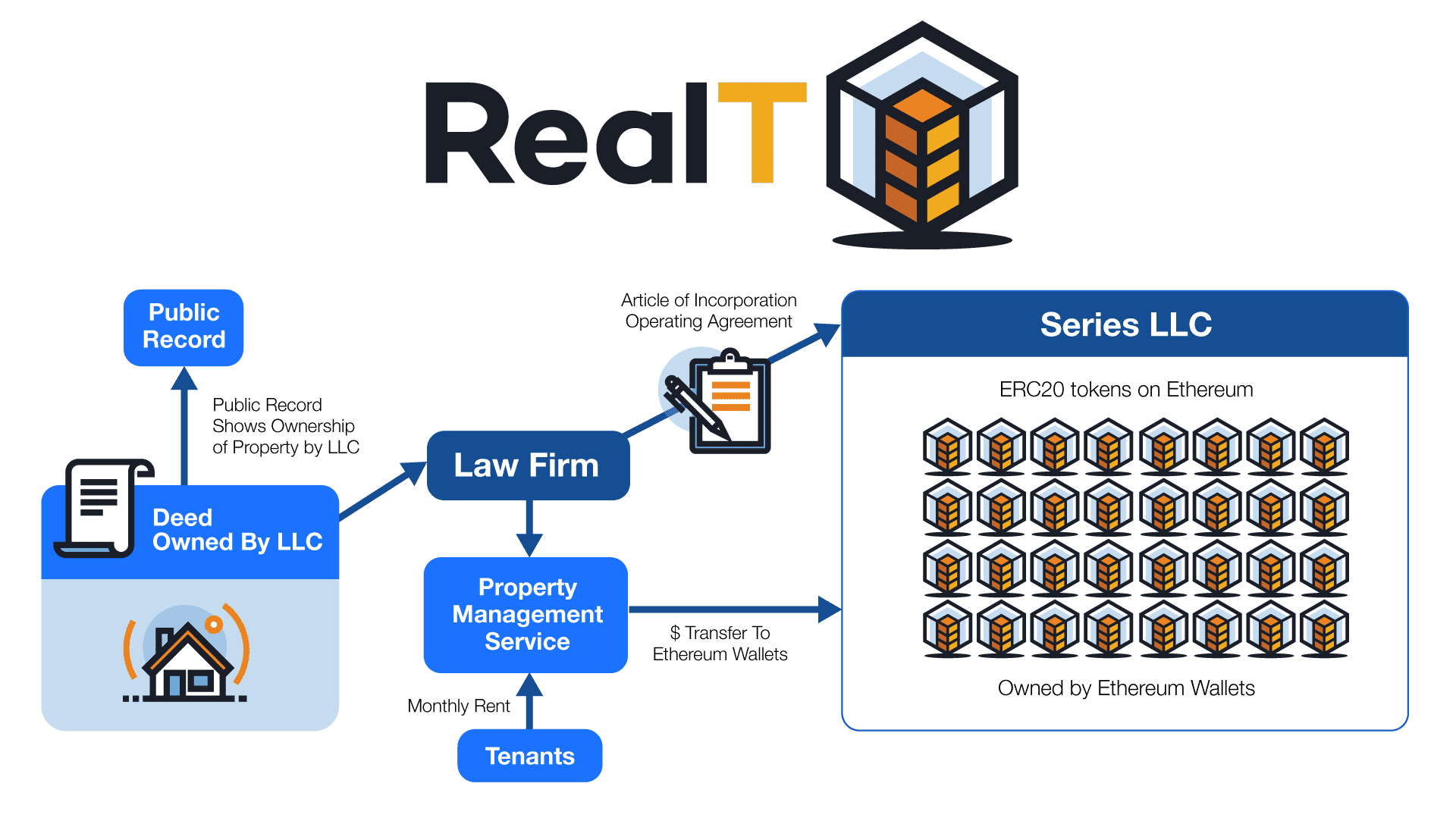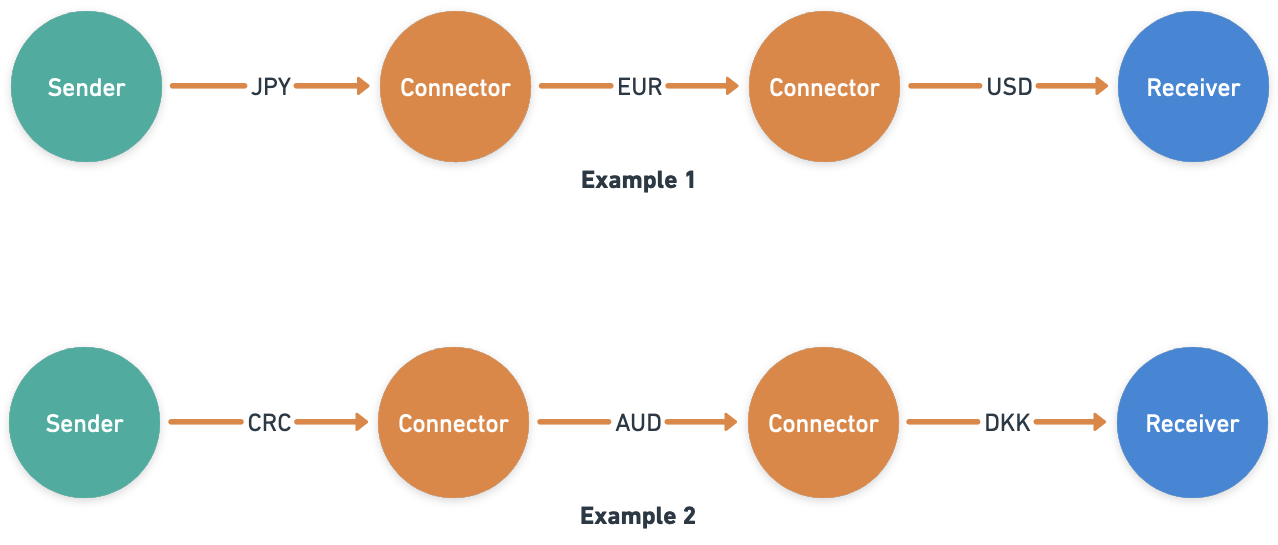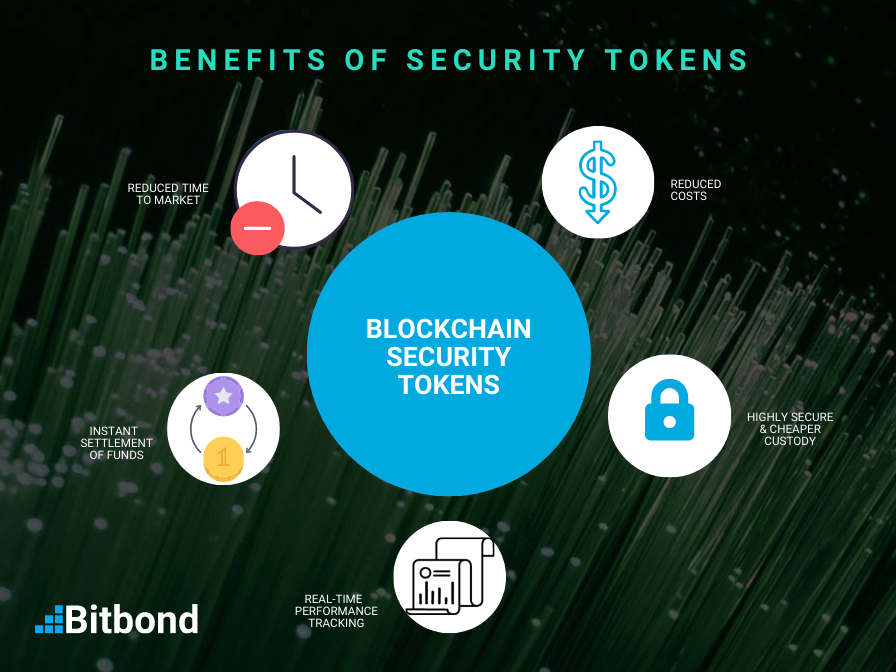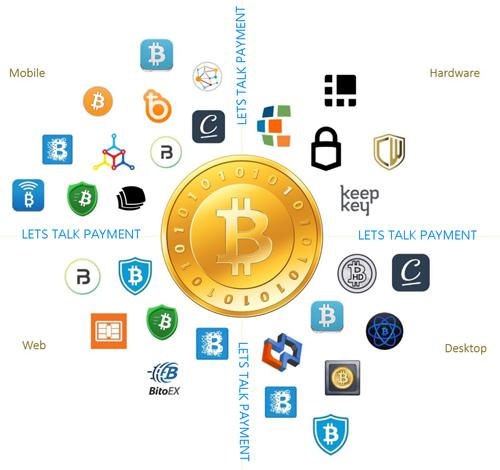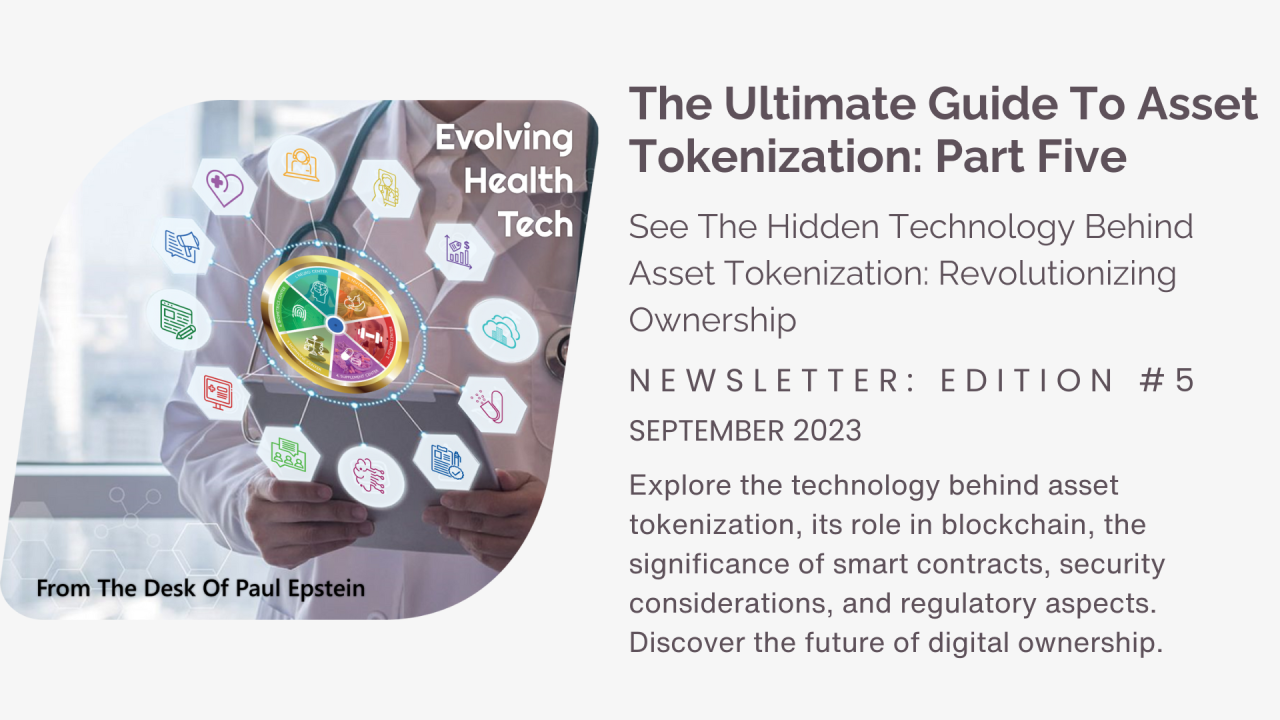
Ensuring Security: Token Standards like ERC-20, ERC-721
Token standards, such as ERC-20 and ERC-721, have become integral components of blockchain ecosystems, facilitating the creation and management of various digital assets. This article explores the importance of security in token standards, focusing on widely used standards like ERC-20 and ERC-721.
The Significance of Token Standards
Token standards provide a framework for the creation and management of digital assets on blockchain platforms. They define the rules and functionalities that tokens must adhere to, ensuring interoperability and compatibility across various decentralized applications (DApps) and platforms. ERC-20 and ERC-721 are two prominent standards that have gained widespread adoption.
Understanding ERC-20 and Its Application
ERC-20, or Ethereum Request for Comment 20, is a widely adopted standard for fungible tokens on the Ethereum blockchain. These tokens are interchangeable and have the same value, making them suitable for various use cases such as cryptocurrencies and utility tokens. Security considerations for ERC-20 tokens include smart contract audits and adherence to best practices in coding.
ERC-721 and Non-Fungible Tokens (NFTs)
In contrast, ERC-721 is a standard for non-fungible tokens (NFTs), each with a unique identifier and distinct characteristics. NFTs have found applications in digital art, collectibles, and unique digital assets. Security in ERC-721 revolves around ensuring the uniqueness and ownership of each token, preventing unauthorized replication or tampering.
Smart Contract Audits and Best Practices
One of the primary security considerations for token standards is the implementation of smart contracts. Smart contracts govern the behavior of tokens, and thorough audits are essential to identify and rectify potential vulnerabilities. Adhering to best practices in smart contract development, such as secure coding standards and rigorous testing, enhances the overall security of token standards.
Addressing Security Challenges in Token Standards
Despite their widespread use, token standards face security challenges. These challenges may include vulnerabilities in smart contract code, potential exploits, and emerging threats. Continuous monitoring, proactive security measures, and collaboration within the blockchain community are crucial to addressing and mitigating these challenges effectively.
Interoperability and Cross-Platform Compatibility
Ensuring interoperability and cross-platform compatibility is vital for the broader adoption of token standards. Tokens should be seamlessly transferable and usable across different blockchain networks and DApps. Standardization efforts and collaborations between blockchain projects contribute to a more interconnected and secure token ecosystem.
User Education on Token Security
Educating users about token security is an essential aspect of maintaining a secure environment. Users need to understand the characteristics of the tokens they interact with, including whether they are fungible (ERC-20) or non-fungible (ERC-721). Security-conscious user practices, such as secure wallet management and cautious token transactions, contribute to a safer token ecosystem.
Innovations in Token Standards
As the blockchain space evolves, innovations in token standards continue to emerge. New standards may address specific use cases or introduce enhanced security features. Staying informed about these innovations and adopting them responsibly contributes to the continuous improvement of security in token standards.
Collaboration and Community Vigilance
Security in token standards is a collective responsibility. Collaboration among developers, auditors, and the broader blockchain community is essential for identifying and addressing security issues promptly. Community vigilance, including participation in bug bounty programs and security audits, strengthens the overall security posture of token standards.
Looking Ahead: Security-Driven Token Ecosystem
The future of token standards is intrinsically tied to security advancements. Innovations in cryptography, decentralized identity solutions, and enhanced smart contract security will shape the next generation of token standards. A security-driven approach will foster trust, enable broader adoption, and unlock new possibilities in the evolving blockchain landscape.
To learn more about the security considerations in token standards, particularly ERC-20 and ERC-721, visit www.itcertswin.com. Explore the importance of security in fostering trust and enabling the widespread adoption of digital assets governed by these standards.











